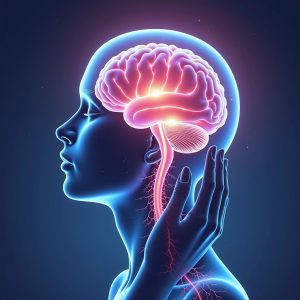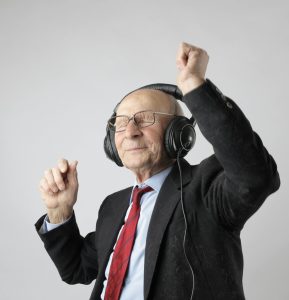
Create Forward, Heal Forward
From the Spring edition of Contentment Magazine By Frank Forencich, PhD Life is the Art of Drawing Without an Eraser – John W. Gardner

From the Spring edition of Contentment Magazine By Frank Forencich, PhD Life is the Art of Drawing Without an Eraser – John W. Gardner

The modern work culture, characterized by irregular shifts, physical exhaustion, and emotional burnout, is disrupting natural relationship dynamics Increasing work demands, long working hours, and

Recent economic policies, particularly the imposition of tariffs on imports from Mexico, Canada, and China, have introduced significant unpredictability into the U.S. economy – creating an effective

Key Takeaways Chronic stress can increase a young woman’s risk of stroke Moderate stress increases stroke risk by 78% among women 18 to 49 No

Work-related stress is a significant issue for millions of professionals. Recent research from the management system experts at Moodle found that 66 percent of American

A recent study indicates that loneliness significantly affects how socially anxious individuals respond to stress, evidenced by lower blood pressure increases. If you struggle with

Researchers suggest animal visitation programs could be a vital tool for supporting student mental health during the transition to university life. In a recent study

Stress from work can often leave people feeling tired and overwhelmed. Anxiety in other parts of life could make this even worse, according to a

Stress is a natural part of life, but when does it shift from a temporary challenge to a long-term burden on our bodies, specifically as

Forty-five percent of college students report experiencing chronic stress, or stress above the average level, according to data from The American Institute of Stress. At

Slow down stress-related aging before your body and brain pay the price. Key points A person’s subjective age predicts their overall health more accurately than

New research conducted for the Healthcare of Ontario Pension Plan (HOOPP) indicates the top source of stress for workers aged 40 to 60 is their